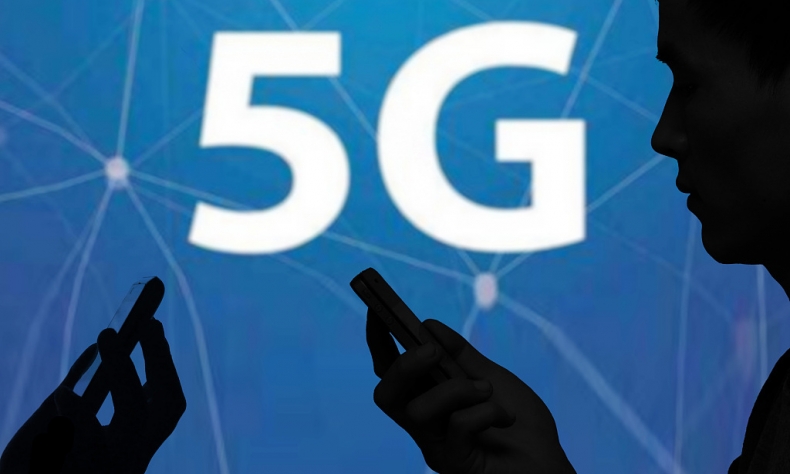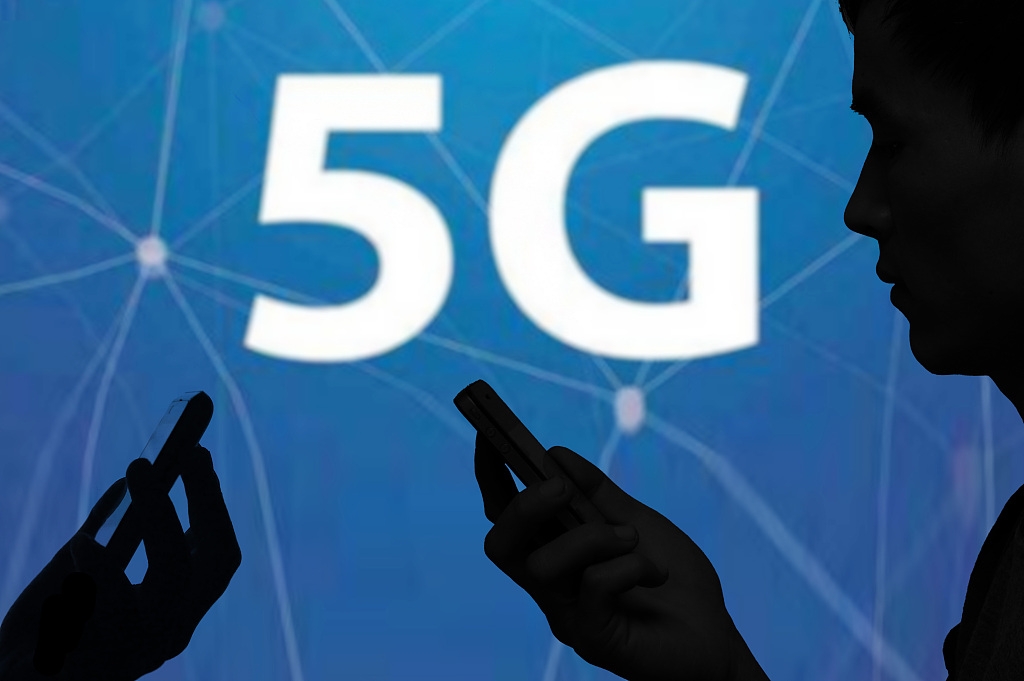5G and COVID-19: Defeating Infodemics May Require Western Countries to Re-Examine Cherished Articles of Faith

The WHO and governments around the world have recognized that pandemics can spark infodemics that spread even faster than the virus itself and can be more damaging than the event that started them. But Western governments may be hampered from effective responses to these infodemics by piecemeal approaches and an outdated mindset.
It all started in January with postings on a handful of anti-5G Facebook groups. Then a few British and other celebrities posted the conspiracy theory online that 5G causes COVID-19. Besides exacerbating fear among an already-stressed population, this is causing some simple-minded people to set fire to cell towers they believe to be 5G as well as to accost telecommunications workers. While the number of incidents is still small, like the COVID-19 pandemic, they have the potential to grow exponentially. Widespread attacks will cripple critical communication infrastructure in the U.K. and any other place if this behavior takes root at a time when this infrastructure is crucial to society.
Ironically, the first attacks occurred in Birmingham, which was the birthplace of the Industrial Revolution and as early as 1791 was renowned as the world’s first manufacturing city. As such, Birmingham succeeded because of its commitment to science, technology, and rationality. Today, Birmingham is viewed as an international commercial and cultural center. That even such a cosmopolitan and worldly city can fall prey to this sort of conspiracy theory shows that no place is safe from fear-driven false rumors.
It is easy and not incorrect to attribute these attacks to the very human impulse when one is afraid and living in a highly uncertain environment to create a perception of control by finding a target to blame and attacking that scapegoat. Moreover, it is well-known that stress hinders the ability to think clearly. Daniel Goleman, author of “Emotional Intelligence,” calls this phenomenon an emotional hijack. As such, the willingness to believe, and even act on, fantastical stories is not surprising. However, to stop there would be to miss the deeper and perhaps more essential causes of this problem.
The British government has urgently called upon social media platforms, such as Facebook, YouTube, and Twitter, to take action against the spread of this misinformation. While these actions are necessary, they are also reactive and piecemeal. As such, despite the government’s best intentions, the results may fall short of their expectations and desires. Moreover, while these actions may address this outbreak, they do little to address the underlying causes.
What are some of these underlying causes?
First, besides the COVID-19 pandemic, there is an infodemic of rumor and inaccurate information that is spreading perhaps even faster than the pandemic itself. In fact, the WHO has declared misinformation and fear as some of the biggest challenges they face with the COVID-19 pandemic. For example, besides the false linkage between 5G and COVID-19, the WHO cited a fast-circulating meme in France that claimed cocaine offers protection against the virus. This forced the French government to issue an official statement stating this is, in fact, false.
Second, social media has made the spread of information almost instantaneous. This has brought enormous benefits to both consumers and businesses throughout the world. But it has also enabled misinformation and false rumors to spread like wildfire. This is especially problematic in times of crisis or panic, where accurate information and maintaining social order is especially important.
Just as the viral pandemic can and is causing death and long-lasting damage to countries unprepared to respond effectively, a global epidemic of misinformation has the potential of doing the same.
Western societies have long cherished their traditions of unfettered communications. But as disasters, such as COVID-19, pose unprecedented challenges not just to public health but also to the information health of society, it may be time to reexamine some of these articles of faith.
The world has discovered the need for a decisive, systematic, and comprehensive approach to combating COVID-19. Countries that adopted a proactive and clear-eyed approach to identifying and isolating the infected fared better than those that did not. Similarly, the world is starting to recognize the danger that unfettered communication on social media could pose.
At the dawn of the social media age, many Western societies declared that any type of restriction on content was antithetical to their core beliefs. It was not until many years later that online platforms, such as Facebook, recognized the need to “curate” content to limit the spread of misinformation and hate speech that could lead to real and deadly off-line consequences. Today, these companies employ not only thousands to screen content but also are actively developing AI tools to address this challenge.
The WHO and governments around the world have recognized that pandemics can spark infodemics that spread even faster than the virus itself and can be more damaging than the event that started them. But Western governments may be hampered from effective responses to these infodemics by piecemeal approaches and an outdated mindset. Effective ways to fight the pandemic have been identified and are being implemented around the world. However, infodemics still threaten many countries. Perhaps it is time for Western governments to pay closer attention not just to the former but the latter as well.
Andy Mok is a research fellow at Center for China and Globalization.
 Facebook
Facebook
 Twitter
Twitter
 Linkedin
Linkedin
 Google +
Google +











